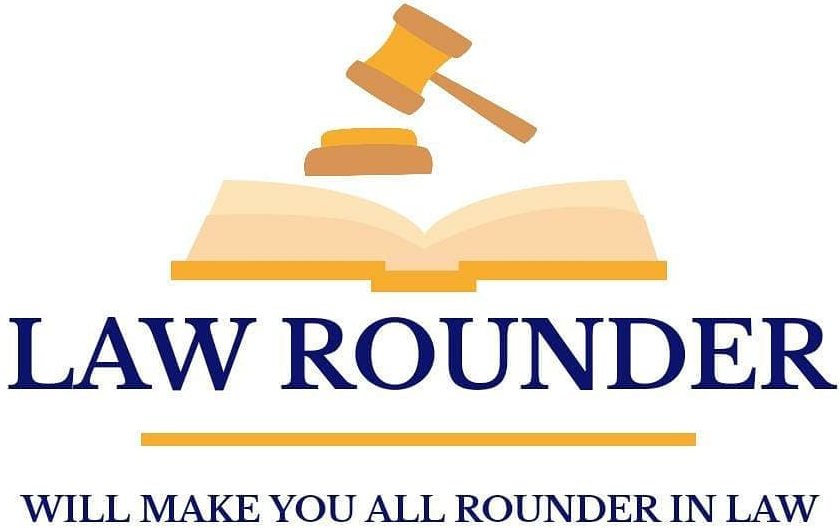
In a significant judgment upholding the rights of members of the LGBTQIA+ community, the Madras supreme court has issued a slew of guidelines to make sure that they’re not harassed by police in missing complaints lodged by their parents.
While considering a writ petition led by two lesbians against police harassment, one bench of Justice Anand Venkatesh noted that a societal change is required within the approach towards LGBTQIA+ relationships.
The hostilities they face are thanks to the very fact that their relationship doesn’t enjoy societal sanction.
“…the actual problem is not the fact that the law does not recognize a relationship but that the sanction that is accorded by the society is not available.
It is only for this reason, I strongly feel that the change must take place at a societal level, and when it is complemented by law there will be a remarkable change in the outlook of the society by recognizing same-sex relationships”, the Court said in the case S. Sushama and another v Commissioner of Police and others.
The Court issued the subsequent interim guidelines/directions:
A. The police, on receipt of any complaint regarding girl/woman/man missing cases which upon inquiry/investigation is found to involve consenting adults belonging to the LGBTQIA+ community, shall upon receipt of their statements, close the complaint without subjecting them to any harassment.
B. The Ministry of Social Justice & Empowerment (MSJE), has got to enlist Non-Governmental Organizations (NGOs) including community-based groups which have sufficient expertise in handling the problems faced by the LGBTQIA+ community.
The list of such NGOs alongside the address, contact details, and services provided shall be published and revised periodically on the official website. Such details shall be published within 8 weeks from the date of receipt of a copy of this order.
C. Any person who faces a problem for the rationale of their belongingness to the LGBTQIA+ community may approach any of the enlisted NGOs for safeguarding and protecting their rights.
D. The concerned NGO in consultation with the MSJE shall maintain con dential records of such persons who approach the enlisted NGOs, and therefore the aggregate data shall be provided to the concerned Ministry bi-annually.
E. Such problems shall be addressed with the best-suited method counting on the facts and circumstances of every case be it counseling, monetary support, legal assistance with the support of District Legal Services Authority, or coordination with enforcement agencies about offenses committed against any persons belonging to the LGBTQIA+ community.
F. With a specificity of issue of accommodation, suitable changes are to be made in existing short stay homes, Anganwadi shelters, and “Garima greh” (shelter home for transgender persons, the aim of which is to supply shelter to transgender persons, with basic amenities like shelter, food, medical aid, and recreational facilities.
Besides, it’ll provide support for capacity-building/skill development of persons within the community, which can enable them to steer a lifetime of dignity and respect) to accommodate any and each member of the LGBTQIA+ community, who require shelters and/or homes.
The MSJE shall make adequate infrastructural arrangements during this regard, within 12 weeks from the date of receipt of a copy of this order.
G. Such other measures that are needed for eliminating prejudices against the LGBTQIA+ community, and channelizing them back to the mainstream shall even be haunted. The Union and State Governments respectively, in consultation with such other Ministries and/or Departments shall endeavor to a device such measures and policies.
H. For the sake of making awareness, this Court suggests following sensitization programs to be conducted by the concerned Ministry of the Union/State Government(s)
I. Author name – Akshita Thakur
